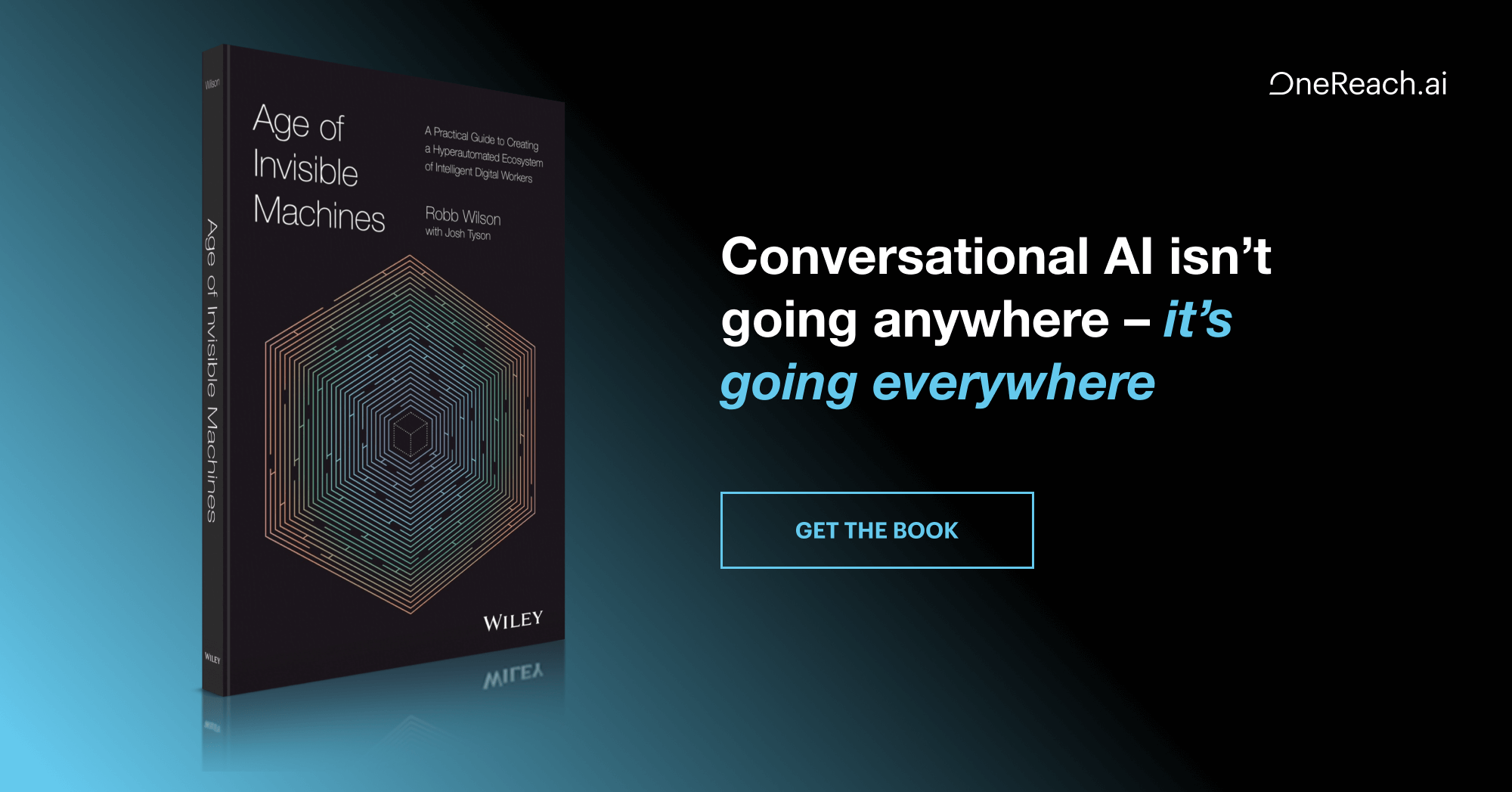After wrapping up my 9-week UX/UI tech bootcamp at Ironhack Berlin and gearing up to build my portfolio, it hit me: my very first project COZYMOSS, all about creating soft toys for kids, was actually a dive into UX design, something I hadn’t even realised until now.
So…let me explain how both physical and digital designs are UX alike, all the way from the initial idea to the finished product.
It all starts with research, you know?
Just like in UX/UI Design specialists are diving into understanding what people want and need, designing physical things, like soft toys in my case, isn’t that different. I took a plunge into primary and secondary research to really get not only into new for me world of fabrics and sewing but also deeper to know the market and what my potential customers are.

Just as UX/UI designers use moodboards to evoke a specific aesthetic and tone, I too curated a visual palette for my soft toys. The moodboard became a collage of colors, textures, and themes, shaping the overall look and feel of my creations.
Prototype! Test! Iterate! Repeat!
Just as in UX/UI design where wireframing and prototyping are integral steps, I was creating the first paper pattern of the toy as a “wireframe” and then sewed it as an initial prototype, that later underwent some iterative improvements based on my children user testing 🙂

In UX/UI we use usability testing and feedback to ensure the effectiveness and intuitiveness of designs. Likewise, in physical product design, I was refining my prototype pattern through testing different materials, shapes, and sewing techniques to enhance product quality, aesthetics, and market competitiveness.
Teamwork
Like UX/UI designers work with data analysts, developers, and project managers, I found myself collaborating closely with knitters, seamstresses, and managers while creating soft toys. It was an intriguing experience of team building and teamwork, full of failures and valuable lessons. Each member brought their unique expertise to the table, contributing to the project’s success. Effective communication and collaboration helped us understand our roles, making our work smoother and our team stronger.

Empathy is the key
Both physical product design and UX/UI design prioritise a user-centric approach.
In my journey of designing soft toys from scratch, I’ve come to realise the power of empathy and continuous improvement. I’ve seen how tailoring designs to user preferences and still sticking to your own concept can truly elevate the product experience. It’s not just about creating something visually appealing; it’s about creating something that resonates deeply with the people who will interact with it.

Creating soft toys became more than just a hobby project. It became a journey of discovery into the world of UX and UI design, even though I didn’t set out with that intention. Through this experience, I learned that good design is about more than just how things look — it’s about how they work and how people interact with them.
I see how the principles of UX and UI design are connected to everything we create, whether it’s a physical toy or a digital website. Understanding user needs, thinking about usability, and making things enjoyable to use are all part of good design, no matter the medium.
As I continue to work on new projects, I’ll carry these lessons with me.








